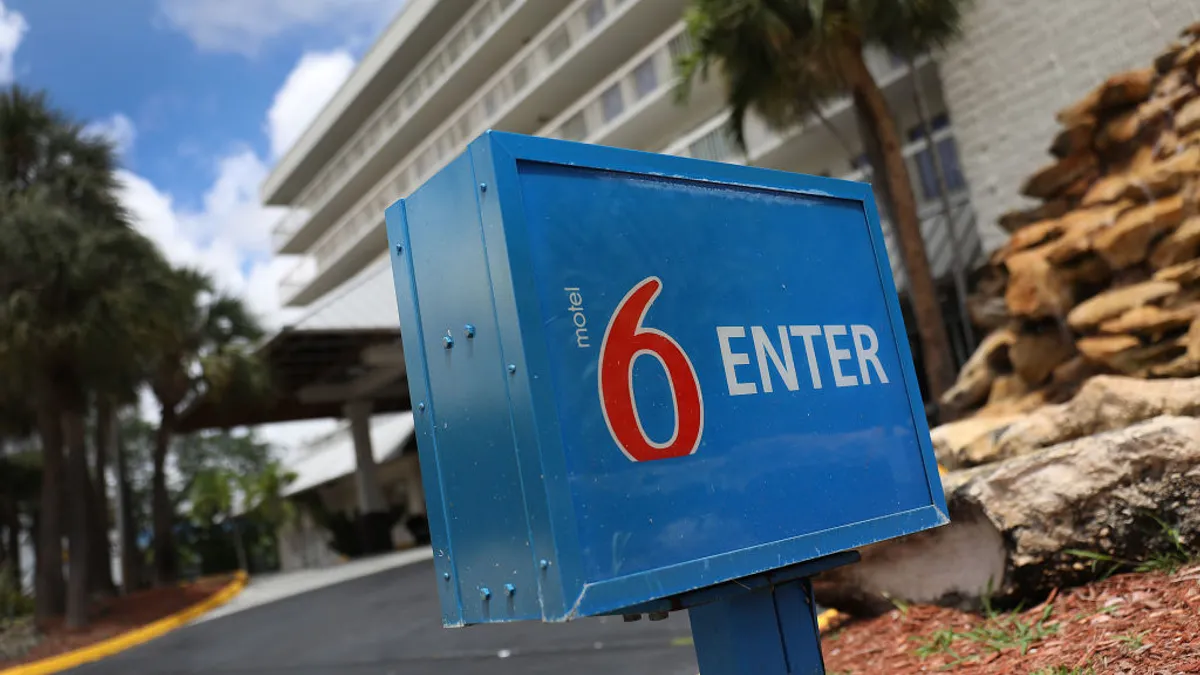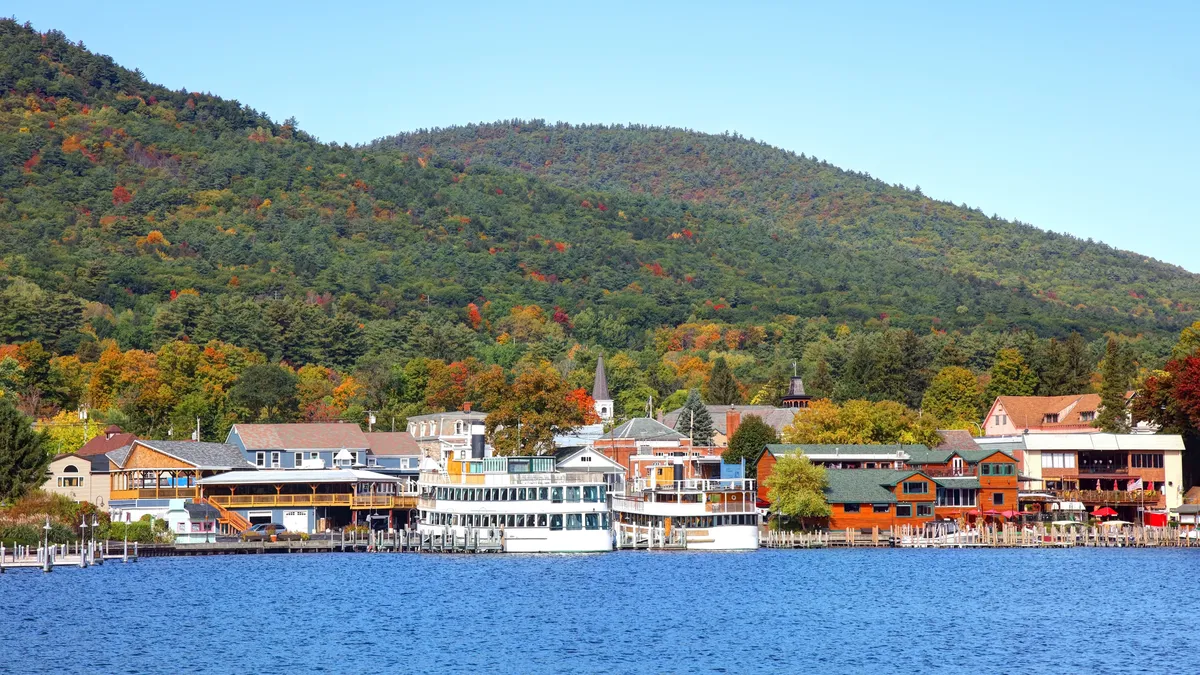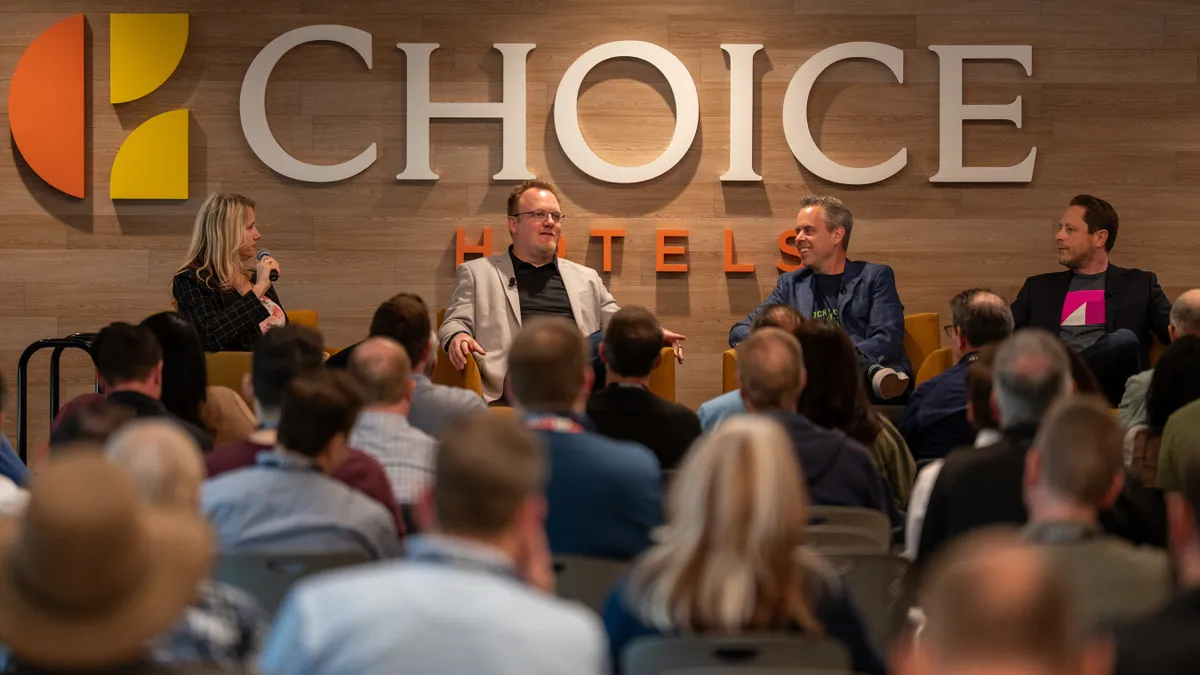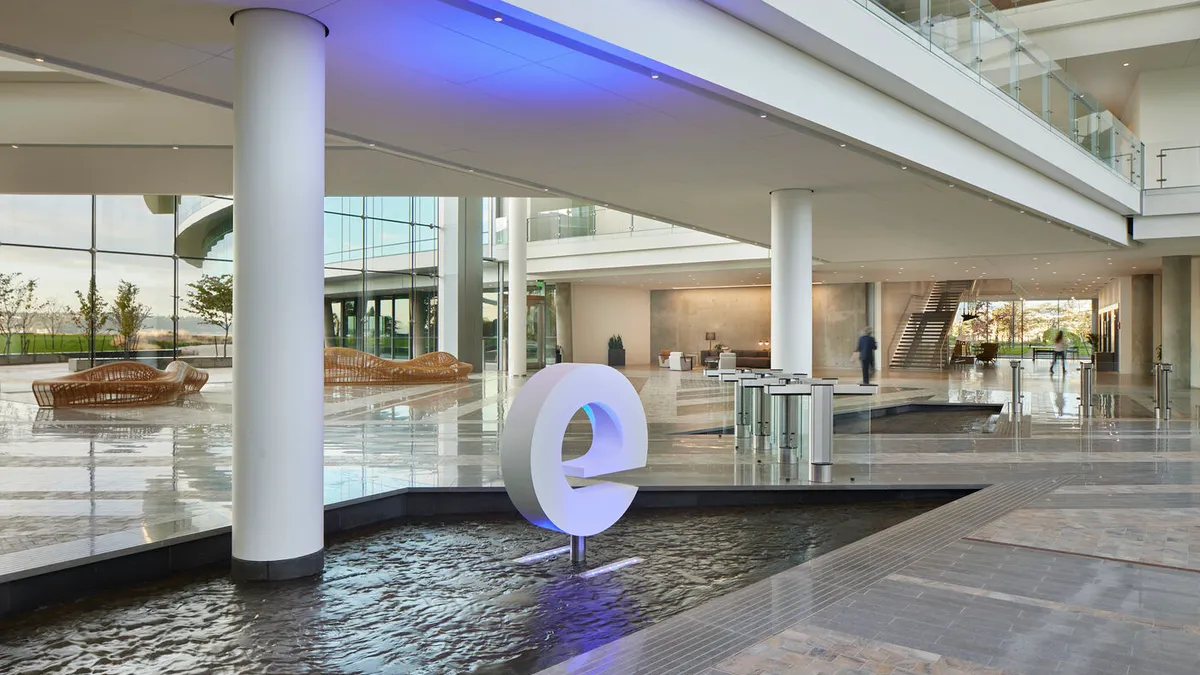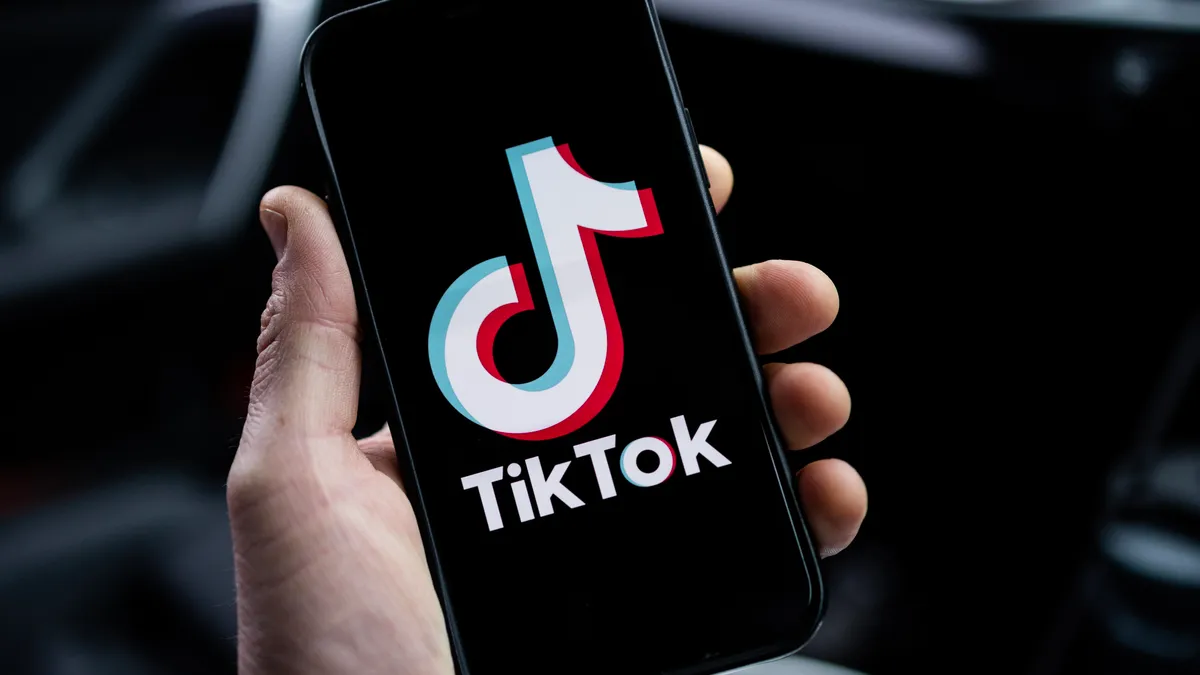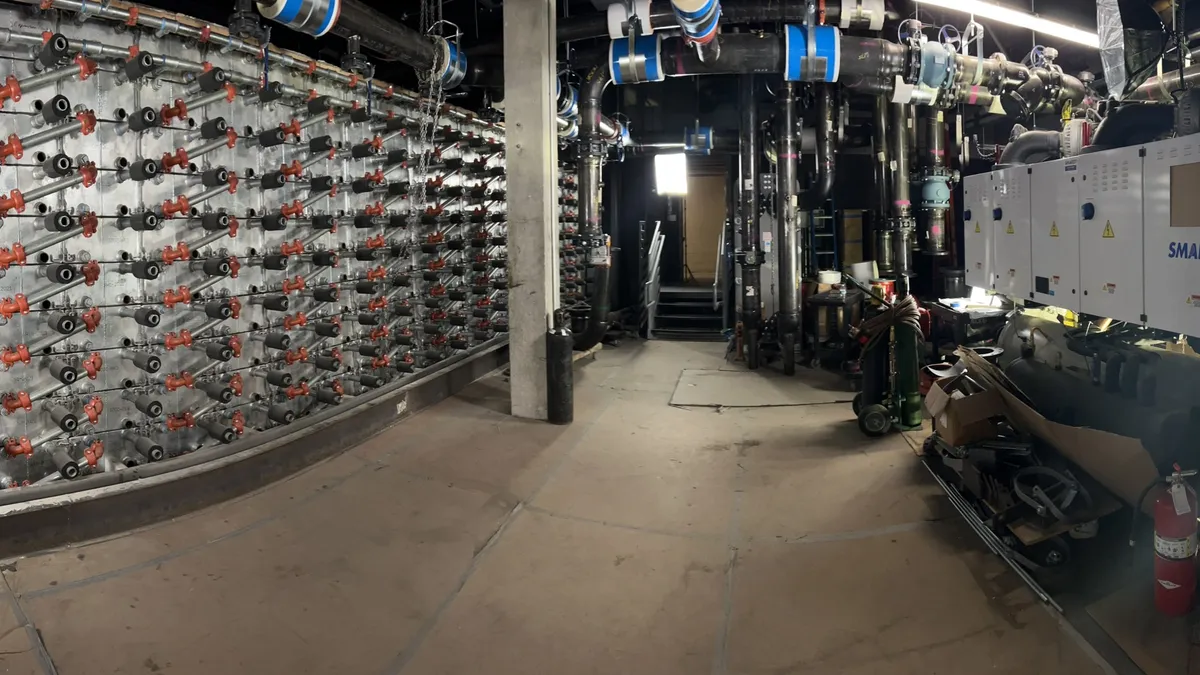OYO made headlines this week when it announced its $525 million buy of G6 Hospitality, the company behind the iconic Motel 6 brand, from Blackstone Real Estate. But it’s not the first time the India-based hospitality technology provider has gained national attention in the U.S.
Founded in 2012, OYO drew eyeballs in 2019 when it was valued at $10 billion — and again three years later when that valuation was slashed to under $3 billion by Japanese conglomerate SoftBank, the company’s largest investor, after ambitious expansion plans didn’t pan out, according to TechCrunch.
As of 2024, OYO, under parent company Oravel Stays, currently operates 320 hotels in the U.S., according to Blackstone. And G6 Hospitality — which operates some 1,500 hotels across its Motel 6 and Studio 6 brands in the U.S. and Canada — will meaningfully expand that number.
Hotel Dive spoke with hospitality industry experts about the appeal of G6 and its longstanding brands and how OYO stands to benefit from the deal.
OYO’s international expansion
When OYO first entered the U.S. in 2019, it “presented itself and behaved like a tech startup — not like a hospitality franchising company,” Max Starkov, hospitality consultant and adjunct professor at NYU’s Tisch Center of Hospitality, told Hotel Dive. “This is how they were able to raise billions of dollars. We called OYO the ‘WeWork of hospitality.’” (SoftBank was also WeWork’s biggest funder.)
OYO lost $50 million in its first year in the U.S., CEO Ritesh Agarwal told The Information, and kicked off 2020 by slashing 300-plus U.S. jobs, per Tech In Asia. The company, which began by turning thousands of India’s small, family-run budget hotels into OYO-branded destinations, now operates 44,000 hotels globally. Outside India, it operates in the U.S., Europe, the U.K., Middle East, Southeast Asia and Japan, according to its LinkedIn page.
Starkov said OYO’s first entry into America was plagued by a lack of brand recognition, which forced the company to distribute franchisee inventory primarily through major online travel agencies.
“Where was the value to the hotel owner? Why did [the hotel owner] need OYO for your property to be on Expedia or Booking?” he said.
Acquiring a well-known hotel chain like Motel 6 — a hospitality company with “great brand recognition” — will “undoubtedly help OYO to increase its brand equity in the U.S.,” Starkov said, in turn helping “increase direct bookings and repeat business, and decrease dependency on the OTAs.”
Blackstone’s exit
Meanwhile, by offloading G6 Hospitality — which Blackstone acquired from Accor for $1.9 billion in 2012 — the real estate private equity firm “more than tripled our investors’ capital and generated over $1 billion in profit over our hold period,” according to Rob Harper, head of Blackstone Real Estate Asset Management Americas, in a statement. Harper called the deal with OYO “a terrific outcome for investors.”
Alexander Mirza, founder and CEO of Mogul Hospitality, called Blackstone’s financial re-engineering of G6 “quite savvy.” As G6’s owner, Blackstone was able to create value for investors by pivoting it to the asset-light model favored by other major hotel companies like Hilton and Hyatt Hotels, selling off real estate and using third-party management companies for operations.
However Mirza notes this strategy has its downsides for hotel companies. Whereas before Blackstone’s buy, G6 owned its real estate and managed its own hotels, now, “all that’s left is a franchising business,” Mirza said. “It becomes extremely difficult to invest in the brand and improve it. The scope of the corporate role shrinks so dramatically.”
The G6 model OYO is inheriting means that OYO isn’t getting real estate, management or even a loyalty program (G6 doesn’t have one). All the company is getting, Mirza said, is “a shot.”
“OYO has a chance to reset” following its initial stumbles in the U.S., he said, adding that going forward, the success of the deal depends on how good G6’s tech platform is.
“What are [G6’s] direct bookings? And are their reservation systems, booking engines and CRM good enough that OYO can build off that foundation and expand?” he asked. “Because that's really all they're getting.”
If there’s one thing working in OYO’s favor, it’s that it’s not 2019 anymore, according to Starkov. “What is different now is that OYO gained experience as a hospitality brand,” he said. That experience just “came at the expense of their bloated valuation.”



